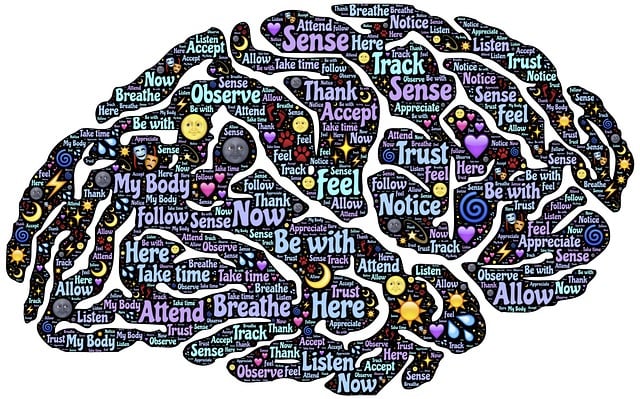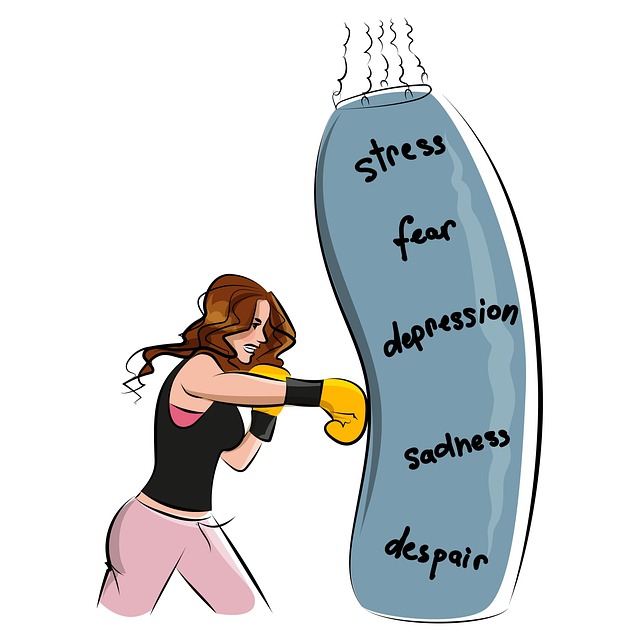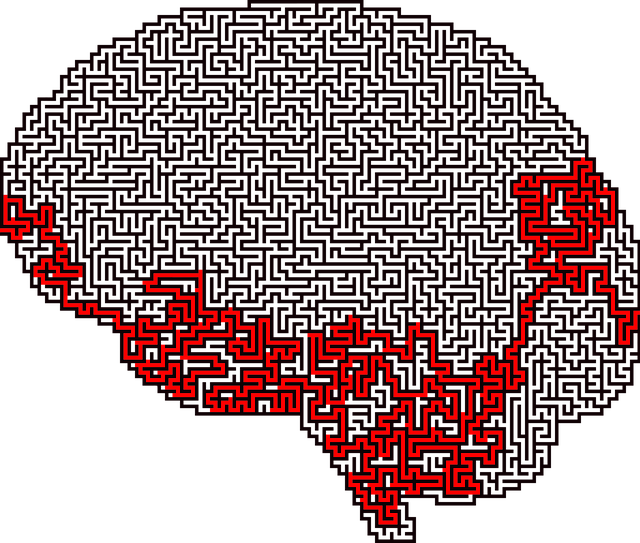Longmont Acceptance and Commitment Therapy (ACT) is a powerful tool for building resilience and well-being through its Recovery, Flexibility, and Mastery (RFM) approach. ACT teaches mindfulness, self-acceptance, and present-moment awareness, helping individuals detach from harmful thought patterns and reduce stigma around mental health. By cultivating compassion, setting goals aligned with personal values, and managing stress, ACT enhances life satisfaction, boosts self-esteem, and empowers people to lead more fulfilling lives.
Resilience is a key factor in navigating life’s challenges. One powerful framework, RFM (Reconsider-Focus-Mastery), acts as a compass, guiding individuals towards enhanced adaptability. This article explores how Longmont Acceptance and Commitment Therapy (ACT) incorporates RFM to build resilience. We’ll delve into practical exercises that target each RFM stage, empowering readers with tools to strengthen their mental fortitude. By understanding and applying these techniques, folks can revolutionize their approach to stress, fostering a more resilient mindset.
- Understanding RFM and Its Role in Resilience Building
- Longmont Acceptance and Commitment Therapy: A Comprehensive Approach
- Practical Exercises for Strengthening Resilience
Understanding RFM and Its Role in Resilience Building

Resilience is a vital asset in navigating life’s challenges and uncertainties. Among various approaches to build resilience, RFM (Recovery, Flexibility, and Mastery) stands out as an effective framework. Understanding RFM involves recognizing three key components that contribute to an individual’s ability to adapt and bounce back from adversity.
Longmont Acceptance and Commitment Therapy (ACT), for instance, integrates RFM principles into its practices. Recovery refers to the process of overcoming trauma or stressful events, fostering a sense of safety and stability. Flexibility is about cultivating mental agility, enabling individuals to adapt their thinking and behavior in response to changing circumstances. Mastery involves developing skills and strategies to effectively manage emotions, make positive choices, and pursue meaningful goals. Incorporating mindfulness meditation, self-care practices, and compassion cultivation exercises within RFM can further enhance its benefits, helping individuals build resilience for a more fulfilling life.
Longmont Acceptance and Commitment Therapy: A Comprehensive Approach

Longmont Acceptance and Commitment Therapy (ACT) offers a comprehensive approach to building resilience and fostering well-being. This therapeutic method encourages individuals to accept their emotions and thoughts without judgment, allowing them to develop a more flexible mindset. By learning to observe their inner experiences, people can detach from negative thought patterns and reduce self-stigma associated with mental illness. ACT promotes living in the present moment, enabling individuals to make conscious choices aligned with personal values, ultimately enhancing life satisfaction.
One of the key benefits of Longmont ACT is its effectiveness in depression prevention and self-esteem improvement. Through various exercises, individuals learn to navigate difficult emotions and challenges without being ruled by them. This process helps break down barriers created by mental illness stigma reduction efforts, promoting a sense of empowerment and self-acceptance. By embracing acceptance and commitment, people can lead more fulfilling lives, where personal values guide their actions rather than negative thoughts or feelings.
Practical Exercises for Strengthening Resilience

Resilience is a key component of mental wellness, and cultivating it can significantly enhance one’s ability to navigate life’s challenges. Practical exercises like those offered by Longmont Acceptance and Commitment Therapy (ACT) provide effective tools for building resilience. These therapies emphasize mindfulness practices, such as meditation and present-moment awareness, which help individuals develop a stronger connection with their thoughts and emotions without judgment.
Through compassion cultivation practices, individuals learn to extend kindness and understanding towards themselves and others, fostering an environment conducive to emotional healing and growth. Mental Health Education Programs Design that incorporate these exercises often include goal setting strategies, cognitive reframing techniques, and stress management skills. By integrating these practices into daily life, individuals can improve their ability to bounce back from setbacks, foster a more positive outlook, and ultimately, lead happier, more fulfilling lives.
The combination of Understanding RFM and adopting Longmont Acceptance and Commitment Therapy (ACT) offers a powerful framework for building resilience. By implementing practical exercises that strengthen emotional regulation, mindfulness, and committed action, individuals can enhance their ability to navigate life’s challenges. This comprehensive approach equips folks with the tools to foster mental flexibility, embrace values-driven behavior, and cultivate a sense of purpose, ultimately revolutionizing their response to stress and adversity.














